
In many chapters of the classic masterpiece "Dream of the Red Chamber", there are numerous descriptions related to wine. According to rough statistics, the word "wine" appears nearly 600 times in the entire book, with more than 60 scenes involving wine and involving seven or eight different types of wine. The fragrance of fine wine and the intoxicating feeling are accompanied by a wealth of details and common knowledge about health and wellness. It is worth delving into and further exploring.
Nourishing the Spirit with Shaoxing Wine
In the 63rd chapter of "Dream of the Red Chamber", Xiren tells Baoyu that they have already prepared a barrel of good Shaoxing wine for his birthday. Shaoxing wine has a long history of brewing and there is a poem that attests to its quality: "Draw water from the lake in front of the gate, brew Shao wine with a fragrance that travels thousands of miles." As early as the Northern and Southern Dynasties, it was listed as a tribute. Shaoxing wine is a traditional yellow wine made mainly from rice and millet, rich in various amino acids, and known as the "liquid cake". Even with prolonged drinking, one would not get heavily intoxicated. Instead, it helps to stimulate inspiration and imaginative thinking in a slightly tipsy state. Throughout history, many famous people have created immortal masterpieces in this state. Poetry by Lu Fangweng, writings by Cao Xueqin, calligraphy by Wang Xizhi, and paintings by Xu Wei are all examples. In the classic Chinese medical works "Shanghan Lun" and "Jin Kui Yao Lue", when yellow wine is mentioned, it is also described as having a mild and nourishing nature that does not harm the body, making it a rare health product.
Sweet and Fragrant Huiquan Wine
In the 16th and 62nd chapters of "Dream of the Red Chamber", Fengjie entertains the nanny Zhao Mama and Fangguan mentions sprinkling Huiquan wine. According to historical records such as "Records of the Grand Historian" and "Wuyue Chunqiu", the history of winemaking in Wuxi dates back at least 2,000 years. The Huishan spring water is sweet, and it is said to have nine dragons and thirteen springs. After evaluations by Lu Yu and Liu Bochu, it was honored as the "second best spring in the world". Since the Yuan Dynasty, the wine made from the spring water here gradually became known as "Huiquan wine". As early as the Ming Dynasty, Huiquan wine had already become famous throughout the country. Li Dongyang, a grand scholar, wrote in a poem: "Huiquan spring wine is as good as the spring itself, and it has already become well-known." In the Qing Dynasty, Huiquan wine became a tribute. When Cao Xueqin, the author of "Dream of the Red Chamber", had ancestors who held an important position as a textile official in Jiangning, he once sent more than 40 barrels of Huiquan wine to Beijing as a tribute. The taste of Huiquan wine is gentle, mellow, and fragrant. After drinking, it brings a pleasant and relaxed feeling with a lingering aftertaste. This has been widely recognized by everyone.
Preventing Diseases and Benefiting the Body with Tusun Wine
In the 53rd chapter of "Dream of the Red Chamber", the entire Jia family gathers for a grand ancestral worship ceremony. At this moment, Tusun wine is presented to everyone as a tribute: "The men sit on the east side, and the women on the west side. Tusun wine, Hehuan soup, auspicious fruits, and Ruyi cakes are all presented. Jia mother gets up and goes into the inner room to change clothes, and everyone disperses." Tusun wine has always been a traditional wine used during the Spring Festival, also known as the New Year wine. Tusun originally referred to a type of house in ancient times, and the wine was brewed in this type of house, hence the name Tusun wine. It is said that Tusun wine was originally created by the famous physician Hua Tuo at the end of the Han Dynasty. Its main ingredients include rhubarb, white atractylodes, cinnamon twigs, ledebouriella root, prickly ash, aconite, and prepared aconite, among other Chinese medicinal herbs. Therefore, it has the function of dispelling wind and cold, clearing dampness and heat, and preventing influenza. In the Jin Dynasty, Song Lin wrote in "Jingchu Suisi Ji": "On the first day of the first lunar month, both young and old dress in formal attire and pay respects to each other, offering Tusun wine and Jiaoya candy." In the poem "Removing Snow on New Year's Eve" by Song Dynasty poet Lu You, there is the following verse: "Half a cup of Tusun wine has not been lifted, small grass writes peach charms in front of the lamp."
Calm the Mind and Relieve Depression with Hehuan Wine
In the 38th chapter of "Dream of the Red Chamber", when Daiyu feels a slight pain in her chest after eating crabs and wants to drink some hot spirits, Baoyu quickly offers, "We have spirits here." He then instructs someone to bring a pot of "Hehuan flower-infused spirits". Hehuan wine is a medicinal wine made by soaking Hehuan flowers in spirits. As a common Chinese medicinal herb, Hehuan has a sweet taste and a neutral nature. It enters the heart and liver meridians, and therefore has the effect of dispelling cold and heat, soothing the mind, and relieving depression. "Ben Jing" states that it "calms the five organs, harmonizes the mind, and brings joy and worry-free feelings." "Zhonghua Gujin Zhu" states: "To eliminate anger, present them with green robes. Green robes refer to Hehuan flowers." "Yangsheng Lun" also states: "Hehuan dispels anger, and xuancao forgets worries." Traditional Chinese medicine also believes that Hehuan not only calms the mind and invigorates the collaterals, nourishes the five organs and harmonizes the mind, but also treats symptoms such as chest tightness, depression, and insomnia. For Daiyu, who is often weak and melancholic, Hehuan-infused spirits are indeed very suitable.
Nourish the Spleen and Invigorate the Stomach with Rose Dew
In the 60th chapter of "Dream of the Red Chamber", a detailed description of the incident involving rose dew and fuling cream reveals a series of conflicts within the Jia family. Rose dew is an ancient liquor that originated from the folk. It is named after being brewed using rose flowers as the main ingredient. During the Qing Dynasty, rose dew became famous in the capital and became one of the essential wines on the tables of the royal family and nobles. Rose flowers have a sweet and slightly bitter taste, a warm and non-toxic nature, and have the effects of promoting blood circulation, dispelling stasis, detoxifying, and reducing swelling. It can treat facial acne caused by endocrine disorders. It is also a common practice in folk medicine to use rose flowers to soak wine for the treatment of joint pain. "Shi Wu Ben Cao" states: "It benefits the lungs and spleen, nourishes the liver and gallbladder, and has a fragrant and sweet taste that brings refreshment." Wang Shixiong of the Qing Dynasty wrote in his book "Sui Xi Ju Yin Shi Pu": "Rose flowers have a sweet and spicy nature, which regulates the middle, activates blood circulation, relieves depression, eliminates filth. It can also be brewed into wine." Clinically, rose dew wine is mainly used to treat stomach pain caused by worry, anger, and irregular diet.
Find Joy and Relieve Boredom with Fruit Wine
In the 93rd chapter of "Dream of the Red Chamber", Jia Qiong goes to Shuiyue An to play with the little monks and nuns, and proposes, "Today, I brought some fruit wine. How about we enjoy it all night?" At that time, fruit wine was entirely from the folk. It was brewed at ordinary people's homes using oranges, apples, pears, dates, hawthorns, lychees, and various wild fruits. This type of wine has a low cost, simple production process, and a relatively low alcohol content, making it a popular choice for ordinary people to seek joy and relieve boredom in their daily lives. Due to its low status and lack of high quality, it never appeared in grand and formal places like the Jia family. However, compared to baijiu (Chinese liquor) and beer, fruit wine has a higher nutritional and health value due to its high content of vitamins and amino acids. In addition, fruit wine contains polyphenols, which can inhibit fat accumulation and have unique effects on weight loss and fat reduction.


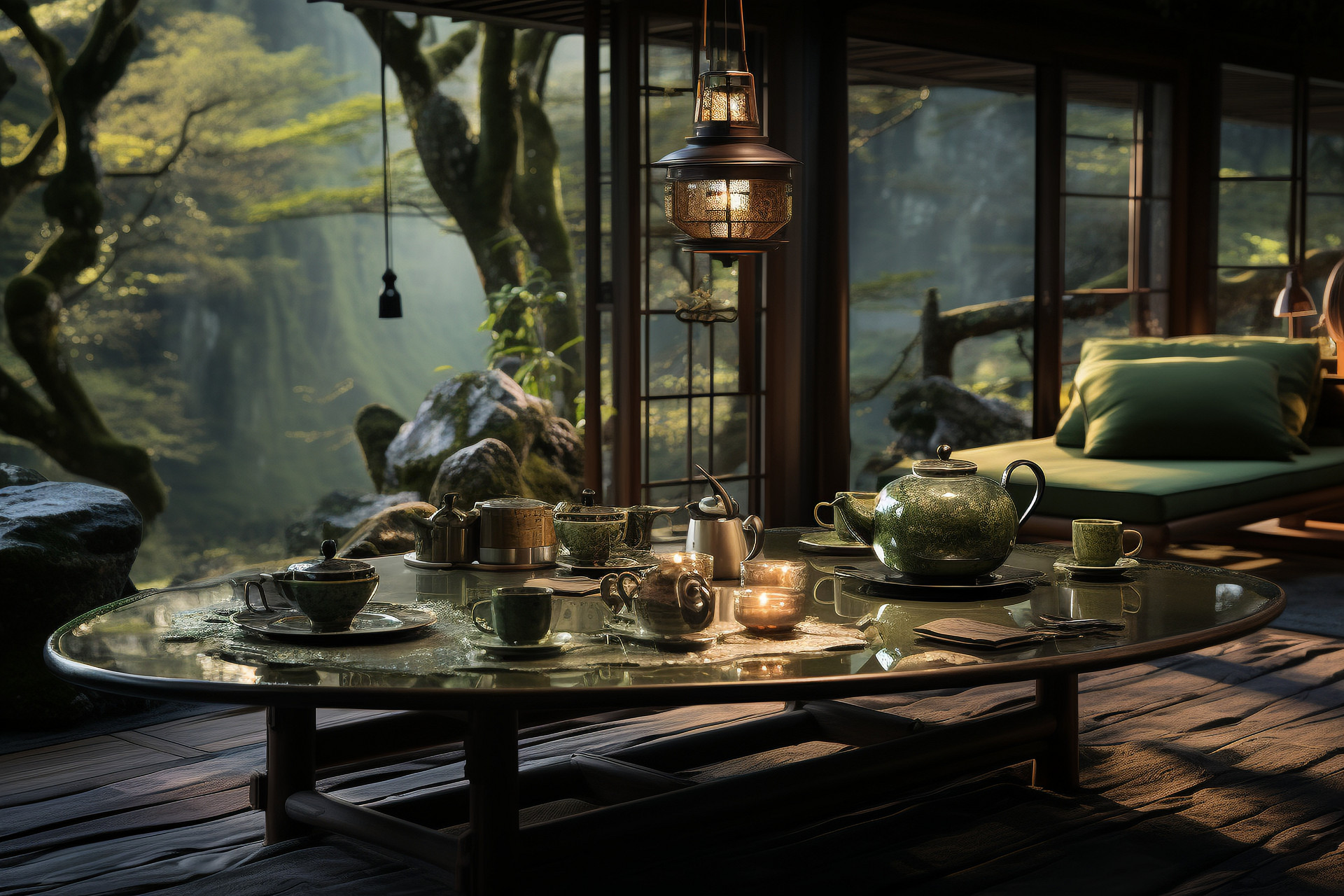

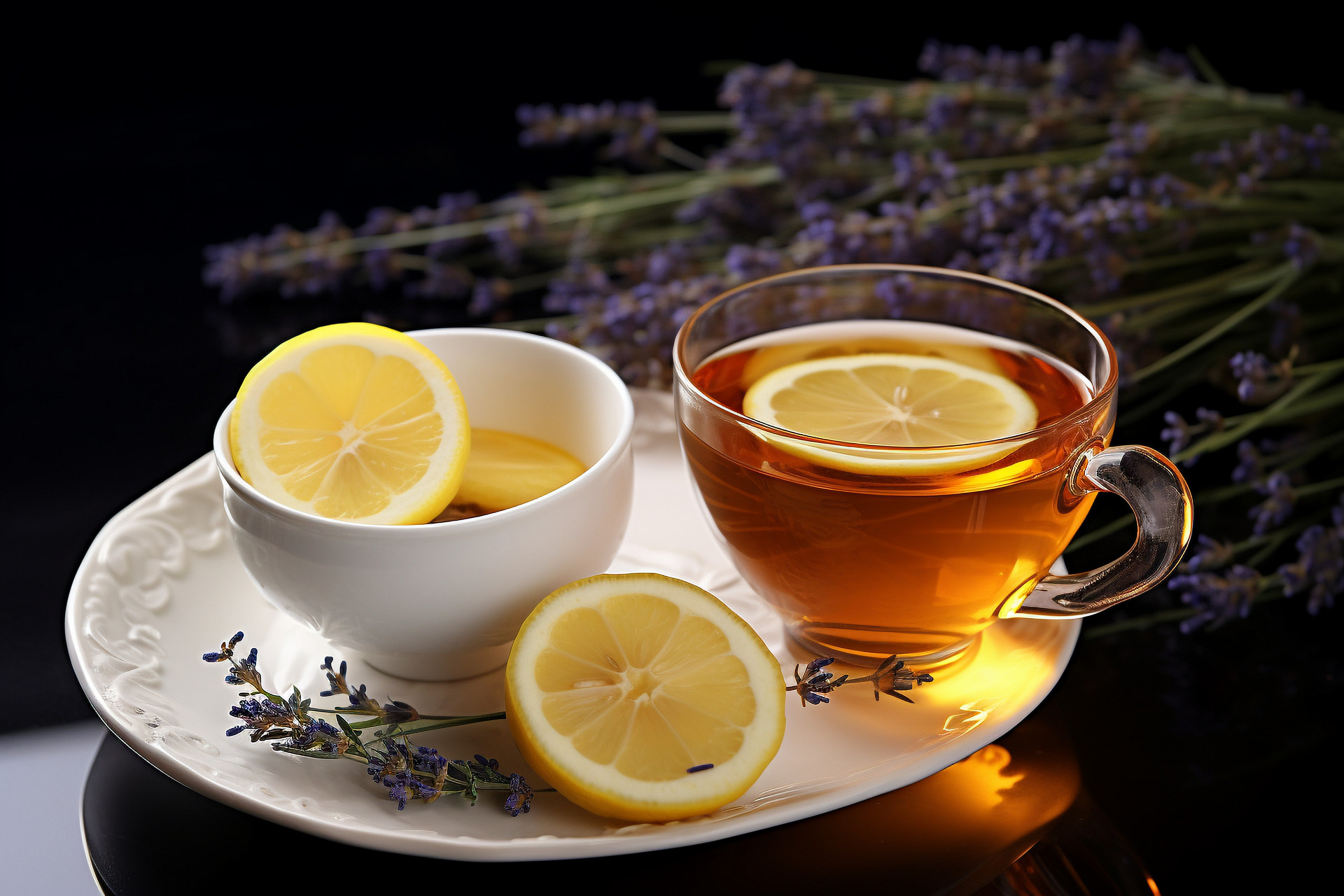
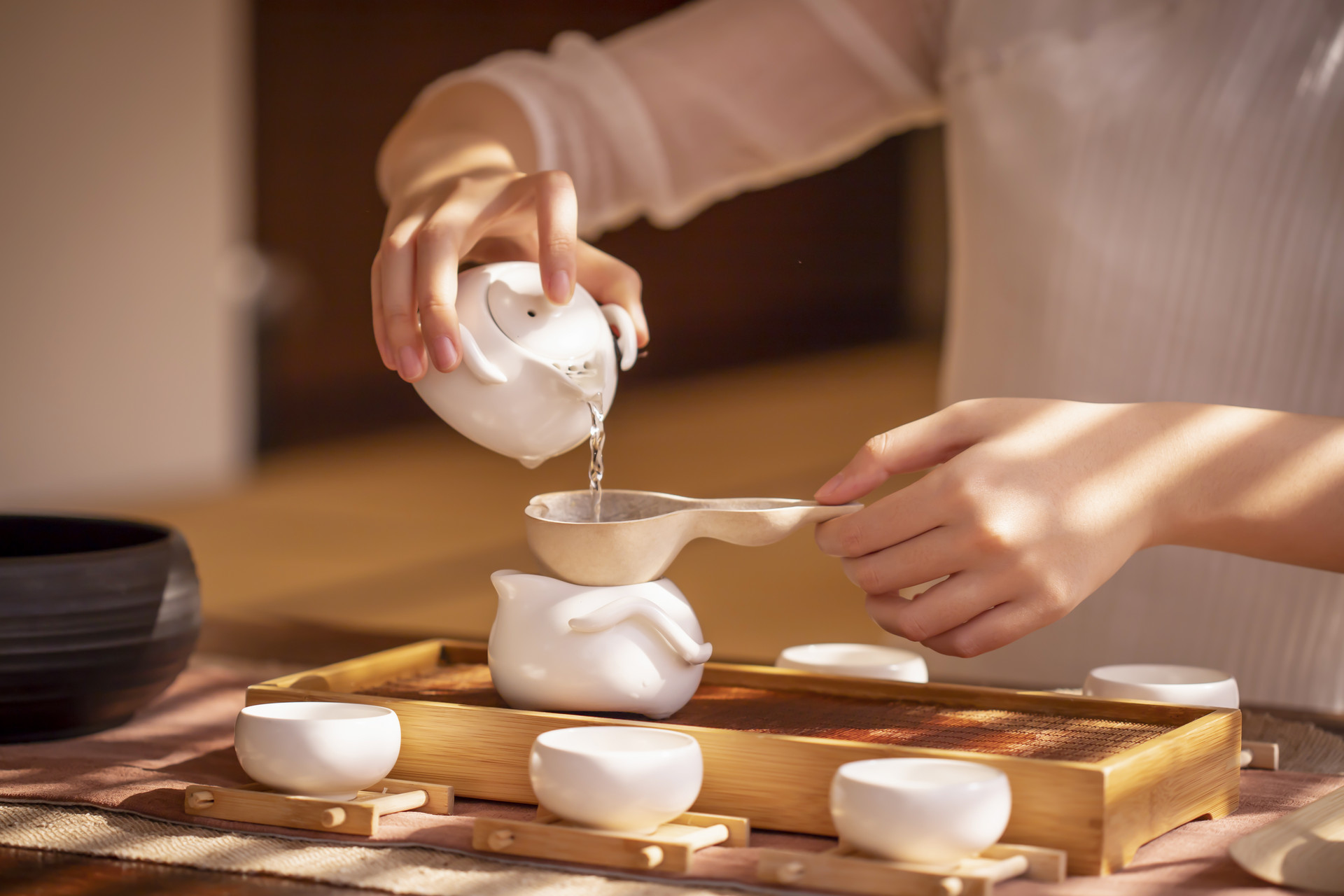
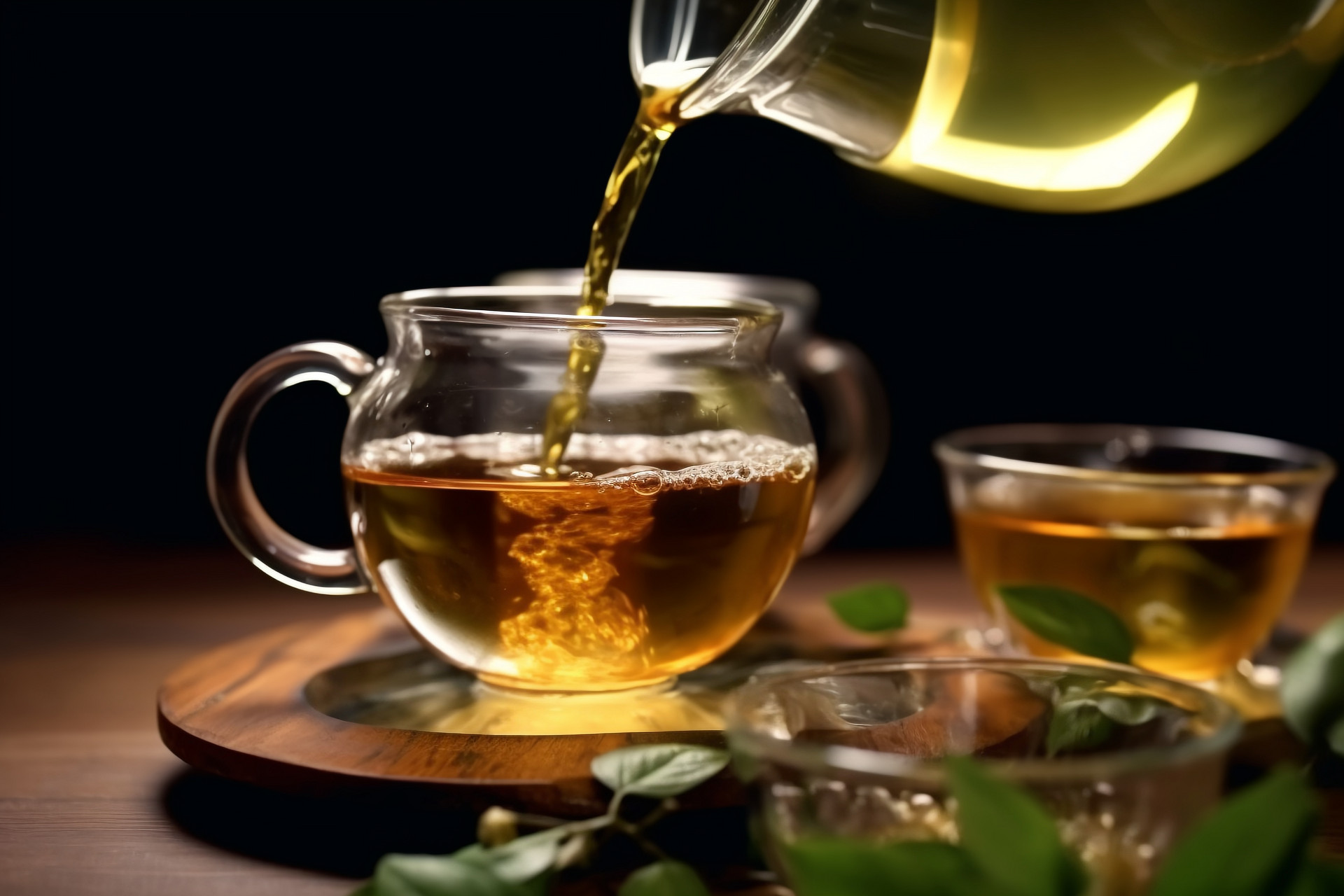

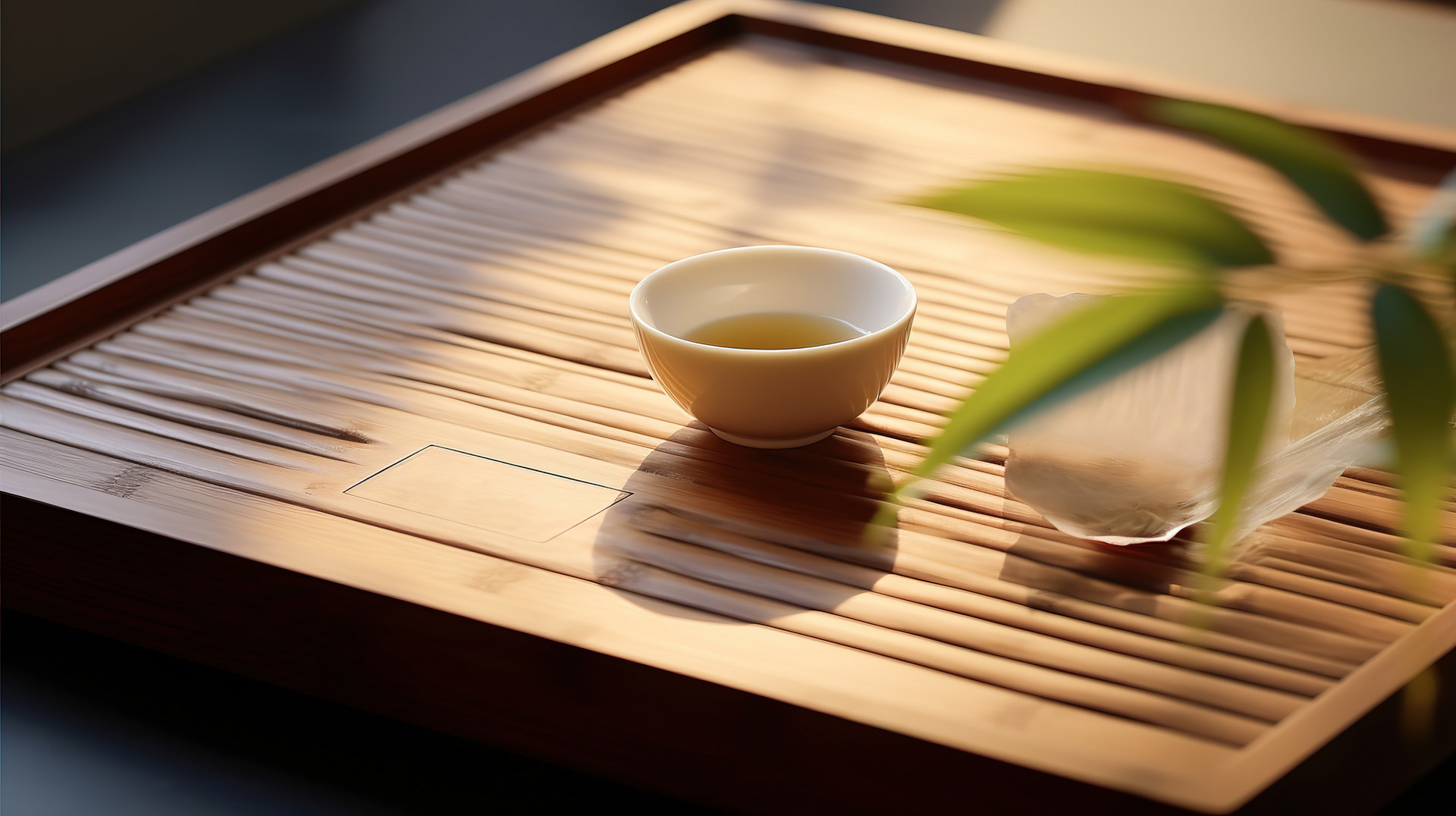
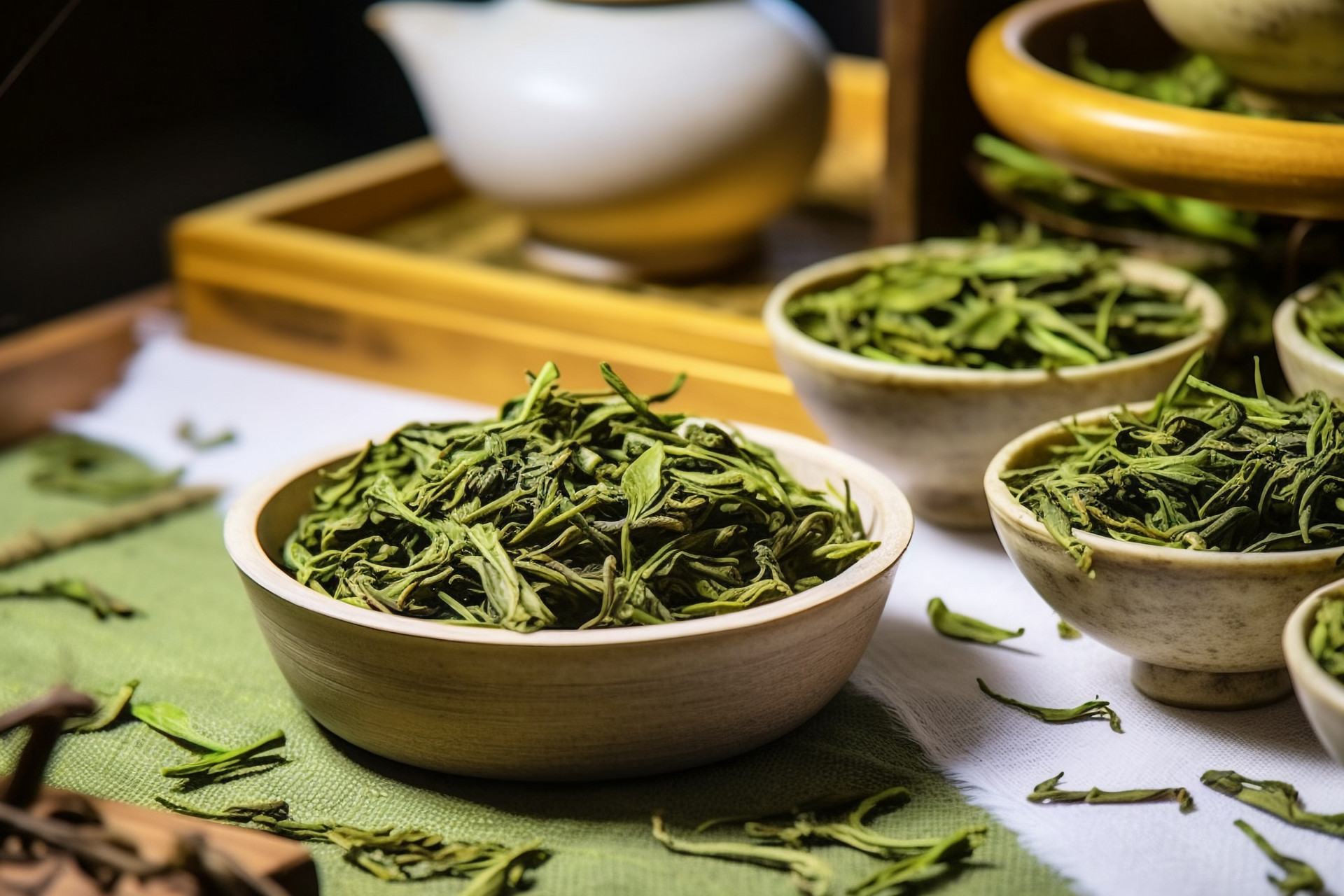
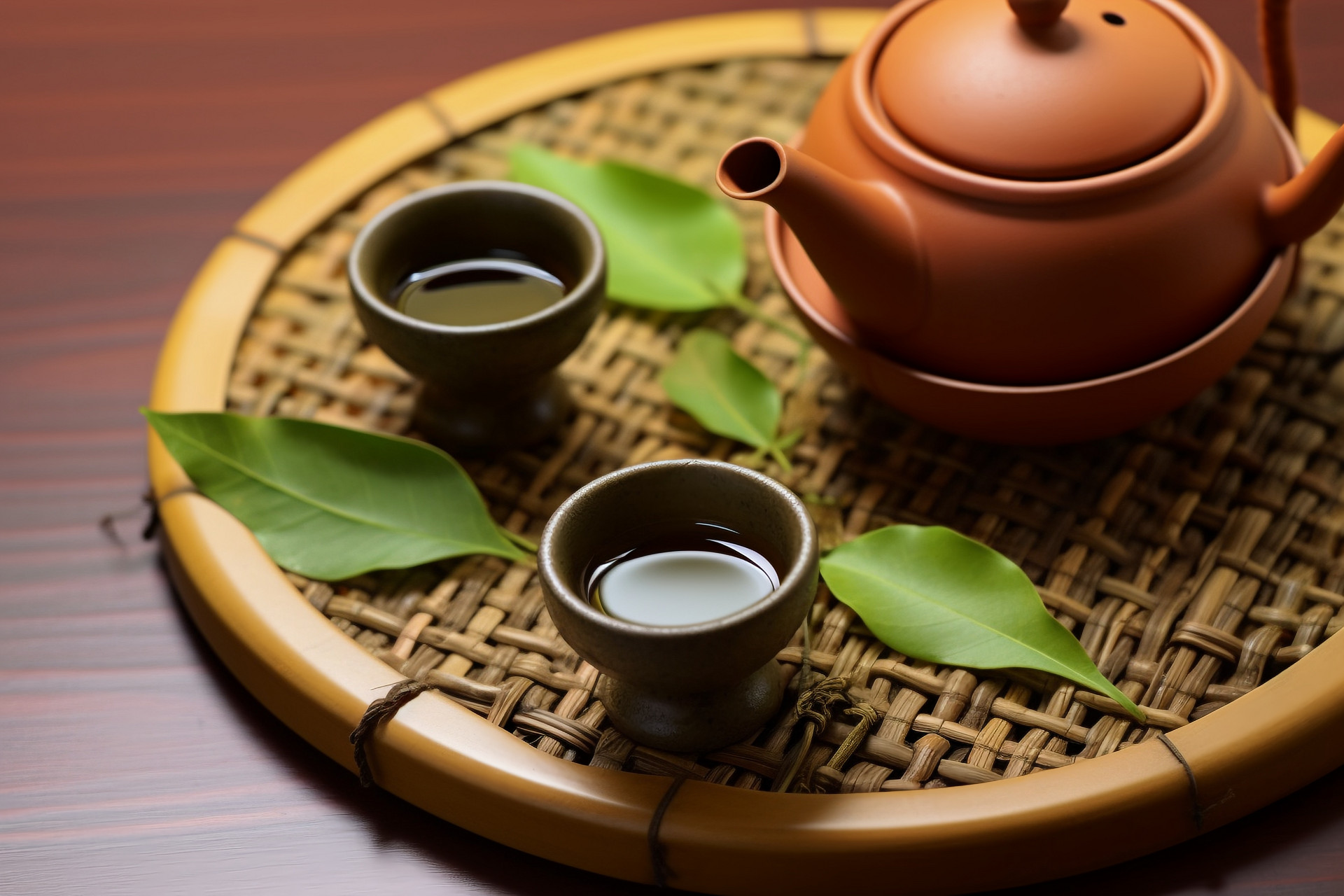
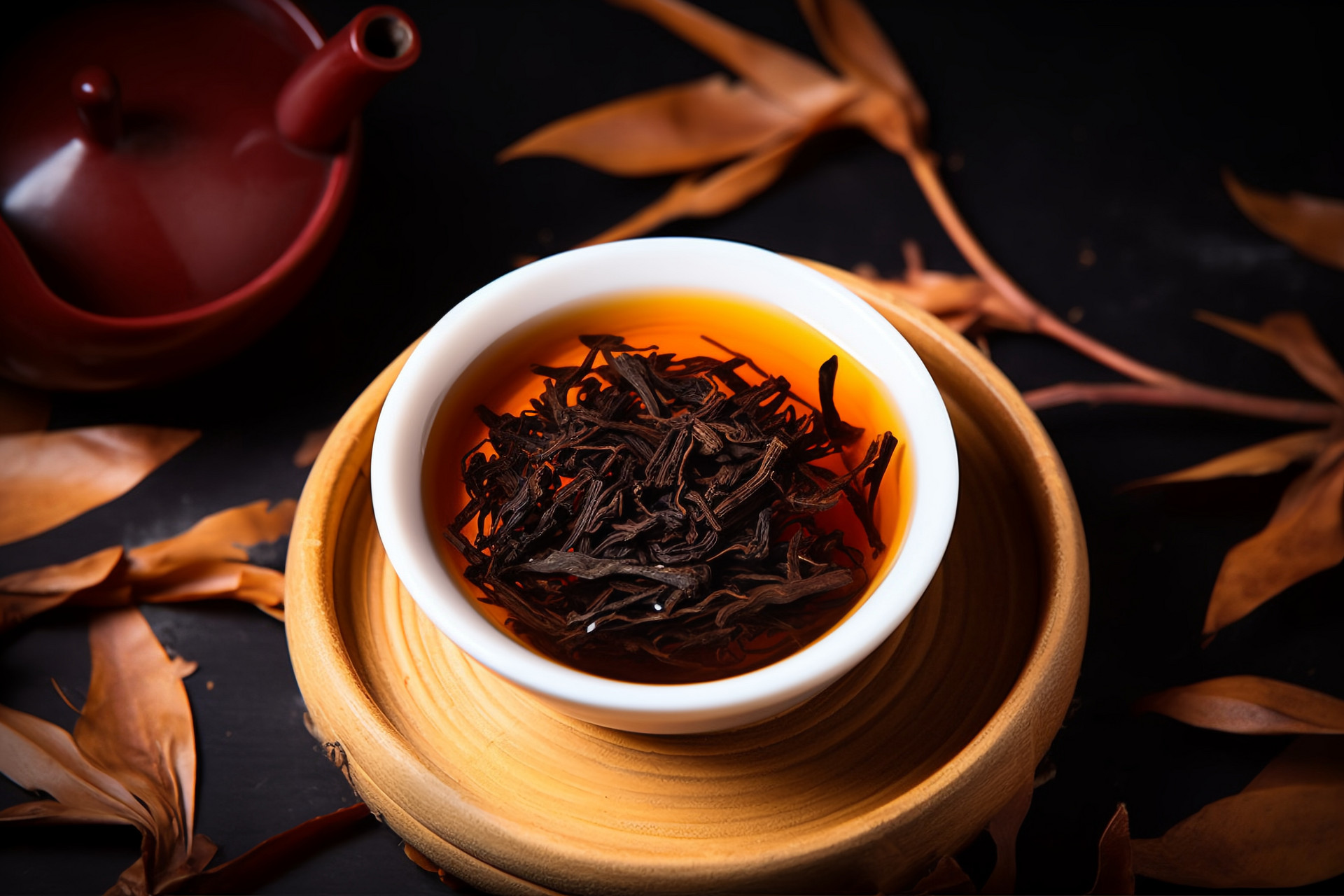
![[Herbal Wine Recipes for Health and Beauty]](https://tcmmaintenance.com/uploads/20240715/7241f6b6eafdaed88c28b26a37213964.jpg)